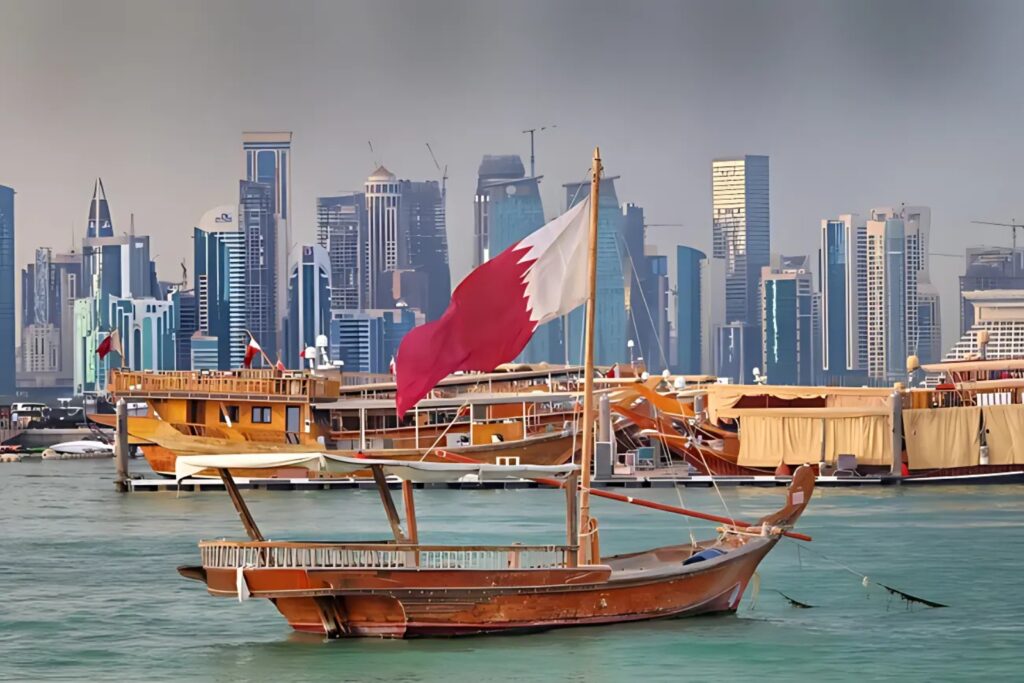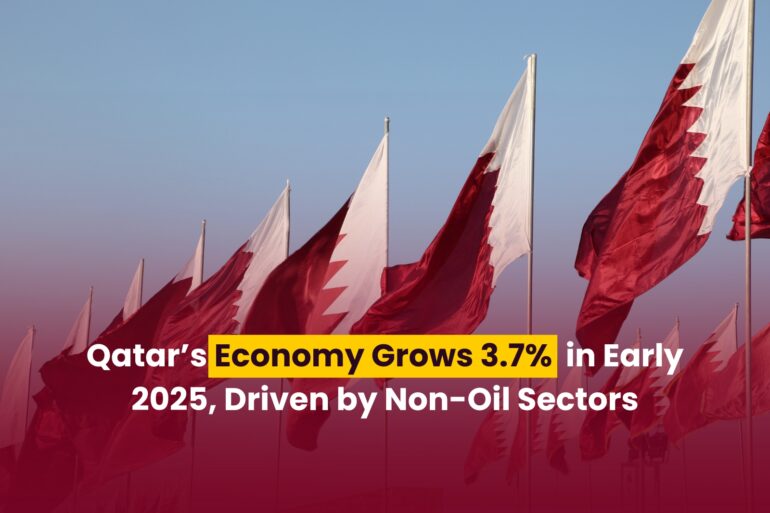Qatar’s economy expanded by 3.7% in Q1 2025, reaching $49.8 billion (QAR 181.5 billion), according to the Qatar News Agency. The growth reflects the country’s ongoing efforts to diversify beyond oil and gas and strengthen its private sector.
Strong Performance from Non-Oil Sectors
The UAE continues to lead with bold initiatives in hybrid learning, coding academies, and AI-driven platforms. The Ministry of Education, in collaboration with global tech firms, has implemented personalized learning systems in public schools. Abu Dhabi’s Hub71 is incubating EdTech startups specializing in language AI, STEM gamification, and VR classrooms.

Non-oil sectors contributed 63.6% of the country’s real GDP (approximately $31.6 billion)—a notable increase from 62.6% in Q1 2024. These sectors saw 5.3% growth, with key contributors including:
- Manufacturing: +5.6%
- Construction: +4.4%
- Real Estate: +7%
Meanwhile, the oil sector experienced a modest 1% growth, now representing 36.4% of real GDP.
“These numbers show that Qatar’s economy is growing steadily, especially in areas outside oil and gas,” said Abdulaziz bin Nasser Al Khalifa, Secretary General of the National Planning Council (NPC).
Budget Deficit Amid Falling Oil Revenues
Despite economic growth, Qatar posted a $137.1 million budget deficit in Q1 2025 due to declining oil revenues and increased spending. Total revenue dropped by 7.5% year-on-year to $13.5 billion, with oil contributing $11.7 billion and non-oil revenue at $1.9 billion. The deficit was financed through borrowing.
$1 Billion Investment Push
To support diversification, Invest Qatar launched a $1 billion support program in May aimed at attracting both domestic and foreign investments. The initiative will cover up to 40% of setup costs over five years, supporting sectors such as:
- Advanced manufacturing
- Logistics
- Information technology
- Financial services
The program’s first phase focuses on project expansion, digital transformation, job creation, and knowledge sharing.

